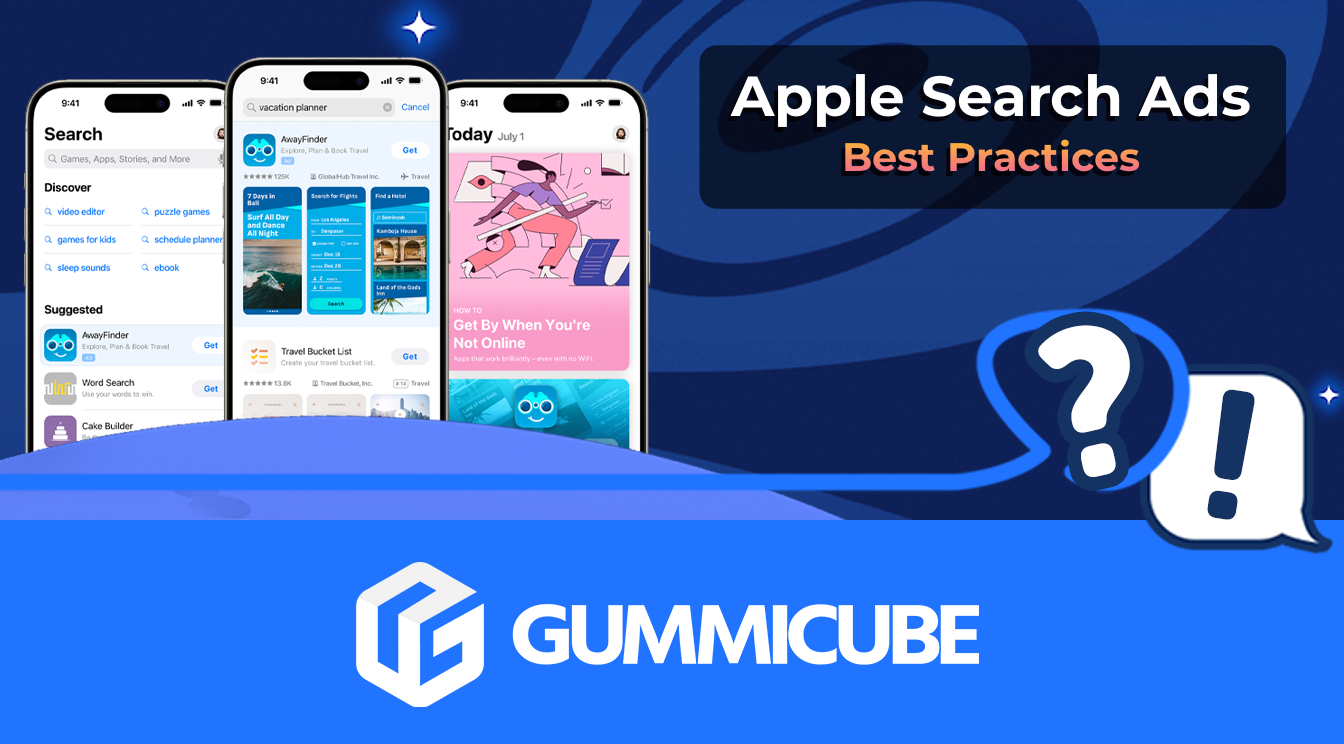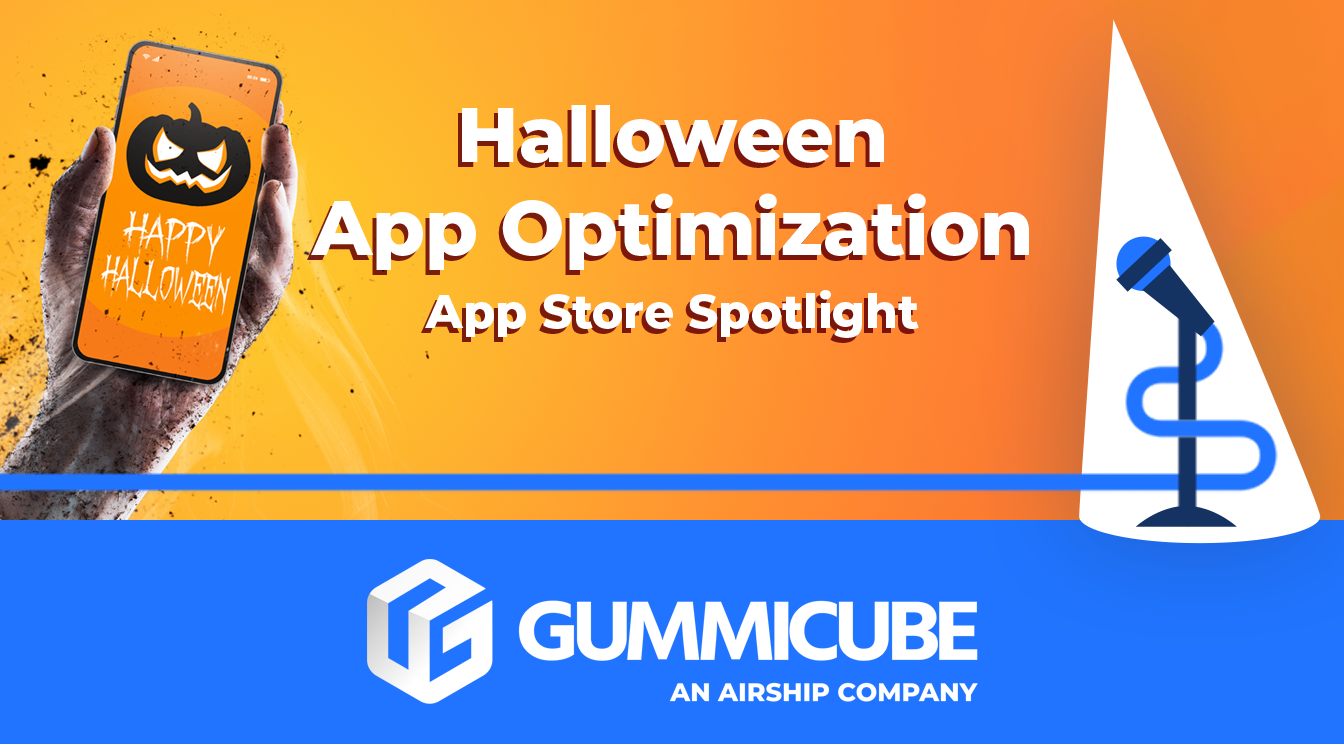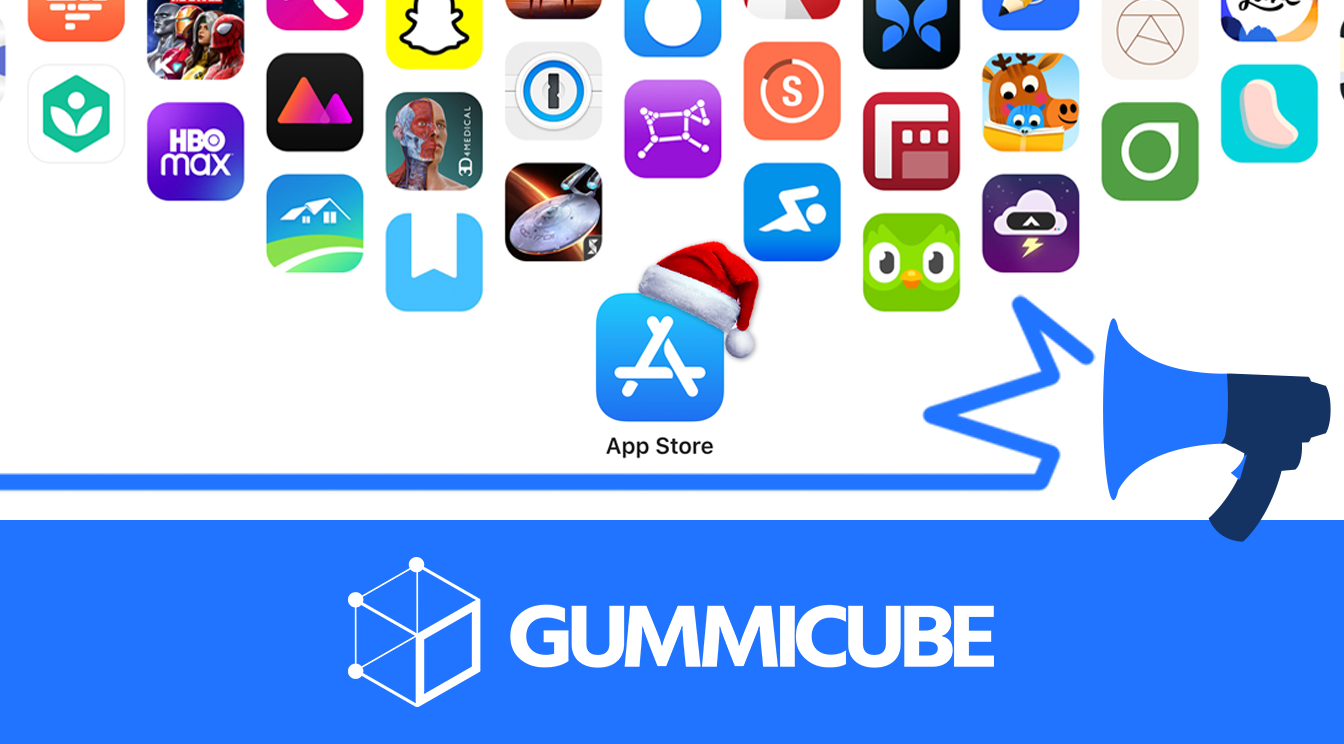
5 Best Practices for Apple Search Ads
Posted on July 3rd, 2024
Are you leveraging Apple Search Ads the right way? Take a look at these recommendations to optimize your paid campaigns and target the right users.

There are two approaches to launching your mobile app:
The former method refers to launching your app in its primary target market and this approach usually involves an all-out marketing effort to reach as many app users as possible. The latter method refers to a carefully controlled release of a mobile app outside its primary market for purposes of testing performance, checking bugs, and collecting user feedback. Below are the pros and cons of taking the soft launch approach.
Soft launching enables a developer to undertake application performance monitoring (APM) before releasing an app in its primary market. In other words, the developer is able to monitor the performance of the user interface (UI), in-app features, as well as navigation on both the client-side and the server-side. Additionally, the developer would be able to monitor third party app dependencies, especially when an app is built on top of a platform such as Salesforce or Slack. By carrying out performance monitoring outside your primary market, you would be able to tweak your mobile app architecture to enhance usability, introduce gamification features, and improve monetization.
If your app has a messaging feature, soft launching is an effective way of monitoring and determining its suitability for end users. For example, load testing would help you understand what could potentially go wrong when millions of users send and receive messages simultaneously. You can also perform load testing to determine whether the backend architecture can handle messaging traffic when users increase. Overall, your app architecture should be fault tolerant and have the capacity to handle many concurrent users.
You should incorporate data analytics and instrumentation features into your mobile app as early as possible. This is particularly important because it would enable you to determine the cost of acquiring new users, app session length, revenue per daily active user (RPDAU), number of daily/monthly active users, churn rate, customer lifetime value, revenue per paying user (RPPU), retention rate, traffic-to-lead ratio, and total app downloads. You can use these key performance indicators (KPIs) to determine whether your app will succeed in its primary target. At this point, it is worth noting that soft launching is normally done in a secondary market that is relatively similar to the primary market. For instance, a US-based developer could soft launch his/her app in Canada since consumer demographics in both countries are similar.
For gaming apps, soft launching not only enables developers to tune gameplay, but also optimize the key features. To appreciate the importance of this, consider the case of Jeremy Born, the entrepreneur behind the "Basket Wars" app. Jeremy says that he decided to do a soft launch in Canada for several reasons including the higher likelihood of his app appearing at the top of gaming subcategories. The feedback generated during this soft launch enabled Born and his team to identify app features that were annoying and frustrating app users. This is in addition to determining the effectiveness of ad placements, monetization strategies, how long it took to turn app users into paying customers, and identifying core app features that required re-designing. In particular, app tutorials proved problematic because they were lengthy and written in English when many app users were French speakers. If Jeremy had taken the hard launch route, it is likely his app would have failed to attract the attention of mobile device owners in its target market.
Soft launching is a great way of learning what works and what does not work in the mobile gaming niche. As such, you can improve your current app and re-introduce it for further testing. Alternatively, you can scrap it and start building a new app that incorporates the lessons already learned. The latter approach is beneficial in several ways. Firstly, you will avoid losing money marketing and promoting an app that does not resonate with end users. Secondly, you will avoid the disappointment of spending months or years working on a project that is unlikely to succeed.
According to data from Mobco Media, the average timeframe for a soft launch is around 2 to 4 weeks. The exact amount of time required depends on various factors including the project budget, type of app, regulatory considerations, target audience, how long it takes to identify and fix bugs, and the amount of data one intends to collect.
Although soft launching is generally less expensive than hard launching, it still requires considerable financial resources to acquire users. For instance, hosting fees and the costs related to developing an app can run into thousands of dollars depending on the nature of your app, soft launch timeframe, and number of users targeted in the secondary market. Figures published by Chartboost show that the CPI (cost per install) in Ireland is $1.63 for users of Android devices. The CPI for iPad and iPhone owners is $2.09 and $2.19 respectively. In Netherlands, the CPI for Android device owners is $0.86, $1.82 for iPad owners, and $1.55 for iPad device owners. In Hong Kong, the CPI is slightly higher at $2.71 for (Android), $2.71 (iPad), and $2.76 (iPhones). In India, a country with a dense population, the CPI figures currently stand at $0.47 (Android), $0.83 (iPad), and $0.89 (iPhone). From these figures, it is clear that soft launching costs can reach more than $2,000 even if you target only 1,000 app users.
App developers risk losing their competitive advantage if similar apps targeting the same audience are released via the target app store while they are soft launching in secondary markets. It is also likely a few consumers in the primary market will have used the same app meaning it would not benefit from the novelty associated with newly launched apps. As a result, you may face difficulties convincing consumers to use your app when you eventually release an app in its primary target market. In such a scenario, you may have no other option other than to invest substantial financial resources to market your app.
Despite your best efforts, soft launching could generate results that do not mirror the reality in your target market. As a result, your app would not perform according to expectations when finally released to its primary audience. This is because it is virtually impossible to find consumer demographics that are exactly alike outside your main target market.
The benefits of soft launching include application performance monitoring, tuning gameplay and other optimizations, testing messaging features, optimizing data analytics and instrumentation, and app re-design if test data points to a potential dud. On the other hand, the cons include extended time to market, results that do not mirror target market and losing first-mover advantage.

Are you leveraging Apple Search Ads the right way? Take a look at these recommendations to optimize your paid campaigns and target the right users.

Ghostly happenings are among us... and in your app listing too? If you aren't leveraging the power of app seasonality to make relevant tweaks to your store listing you're leaving precious engagement and conversions on the table.

Developers on the iOS App Store should plan in advance of the upcoming Holiday Schedule to allow enough time for apps to get approved during the busy holidays.